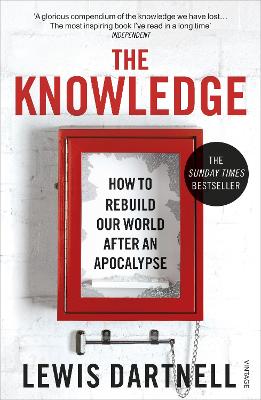Reviewed by HekArtemis on
I died then, listening to that assumption during the covid-19 shut down.
Anyway, this is a great book in that it details a lot of useful things and how to create and use them. So it's a five star for that - though I would say it would be better to own a physical copy of this book than to just listen to it. No way could one retain all of the information in it just listening to it.
On the other side though is the assumption that, after a collapse, we should attempt to gain certain "advances" back again. He mentions climate change and the fact that it would impact those who survive any collapse, no matter the type of collapse it is - climate change will still be happening afterwards. And yet he still discusses things that need to be stopped if we want to lessen the impact of climate change, slow it a down a tiny a bit, etc. So I wonder why we would want to do some of the things he suggests. And then some of the other things I wonder what the point would be. Why would you, for example, want to figure out what year it is (distant future) relative to the collapse period? If you are not at a particular stage of development where you can figure out how to do this yourself, then you are not really at a stage where that information would matter anyway. So what's the point of it?
But, this book isn't meant to discuss philosophy or anything like that. It is simply a book that gives advice and instruction on how to rebuild certain things. I guess it would be up to the individual or group to decide if they actually want to rebuild those or not. So I will only rate it based on what it has, not on moral or philosophical concerns.
Reading updates
- Started reading
- 25 March, 2020: Finished reading
- 25 March, 2020: Reviewed
